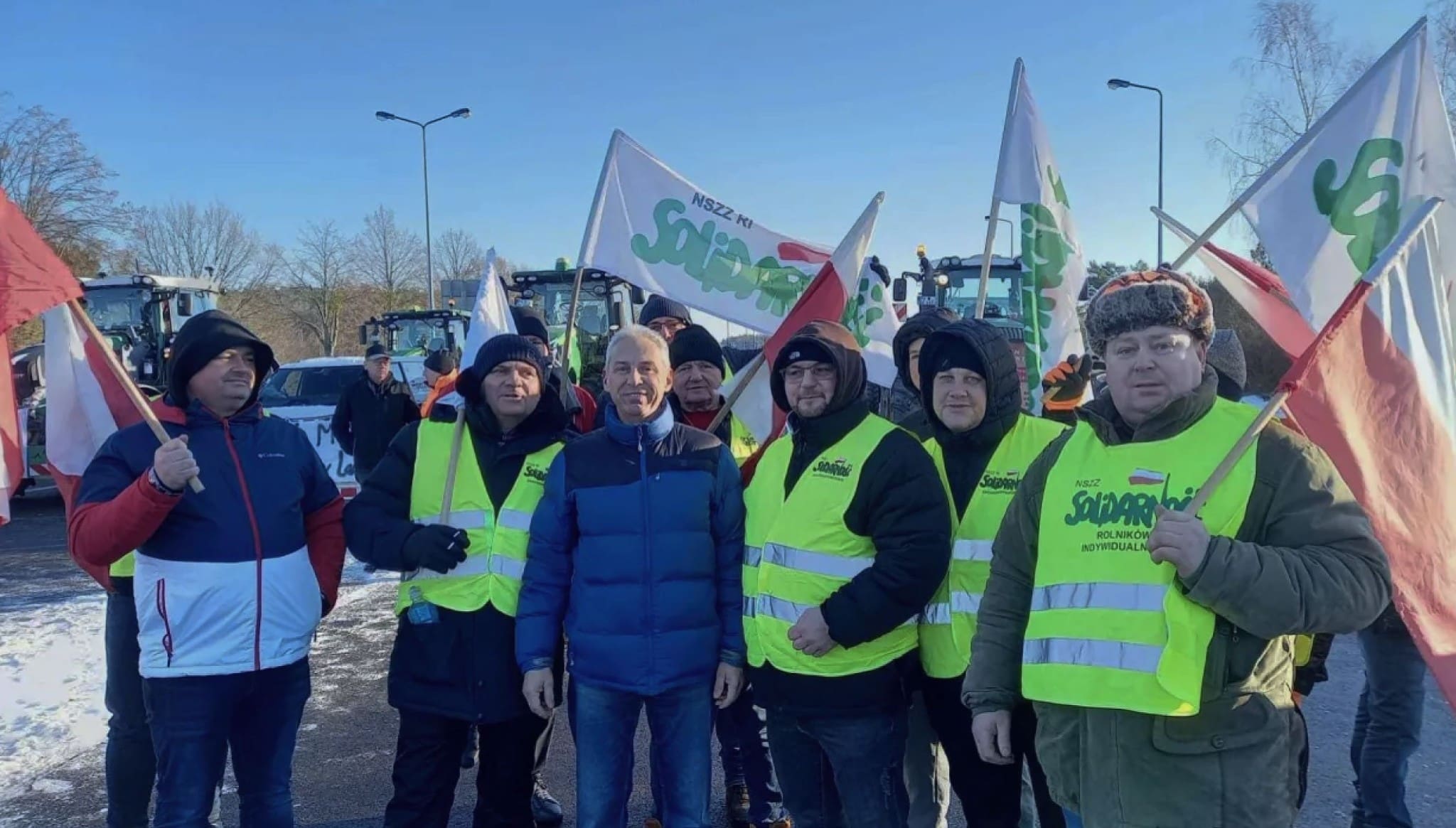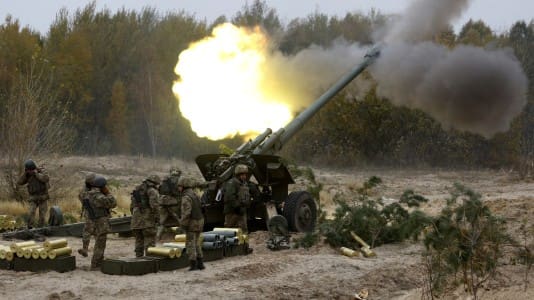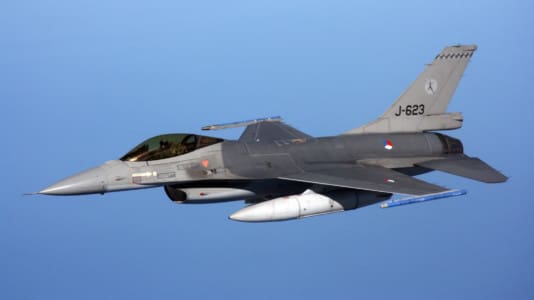The ongoing farmers’ protests in Germany have now become the largest farmers’ demonstration in recent years. Since the early hours of Monday, thousands of tractors have clogged highways and disrupted traffic on smaller roads across the country. Nearly 300 different demonstrations have taken place in various locations in Germany, showcasing the widespread nature of the unrest.
This movement has seen active participation from Polish farmers, especially those from the Solidarity trade union in the Choszczno and Szczecinek regions. These farmers have blocked the Polish-German border crossing at Lubieszyn-Linken in a gesture of support for their German colleagues.
In addition, Polish truckers have also joined in to show their support for German farmers.
Stanisław Barna, a farmer from the vicinity of Choszczno and an activist in the Western Pomeranian branch of Solidarity, emphasized the need for unity in protest against the policies of the European Union. “We have come to support the German farmers,” he stated. “We must unite and protest together against the EU policies that are crippling us.”
Barna further expressed his concerns about the EU’s approach to agriculture, particularly in the context of Ukraine’s potential accession to the EU. He underlined the impact of importing non-EU agricultural products, such as Ukrainian grain, into the European market, which he believes is detrimental to the EU’s agricultural sector.
The protest in Poland’s Lubieszyn also saw the participation of Emil Mieczaj, the head of the Szczecinek County Council of Solidarność. Mieczaj pointed out that the wave of protests is intensifying in several EU countries, with Germany, the Netherlands, Lithuania, and parts of Poland actively protesting. He called for a collective discussion on the need for changes in the EU’s agricultural policy, criticizing the Green Deal for being unfavorable to European agriculture.
Representatives from the Polish Institute of Agricultural Economy were also present at the German protest. Szczepan Wójcik, the institute’s president, emphasized the collective resistance of European farmers to the influx of agricultural products from Ukraine under the current arrangement. They demand a debate on the future of agriculture in Europe, particularly in light of Ukraine’s potential integration into the EU.
These protests come in the wake of a decision by the German government to eliminate fuel subsidies for farmers and tax breaks on agricultural machinery, a move that could cost German farmers nearly €1 billion in support. The decision, justified as a measure to eliminate climate-damaging subsidies, has sparked widespread outrage among the farming community.
The protest action is expected to culminate on Jan. 15 with a massive demonstration in Berlin. In addition to Polish and German farmers, participants from the Netherlands, Romania, France, Belgium, Austria, Hungary, and Switzerland are also expected to join.
Meanwhile, Polish farmers like Stanisław Barna are preparing for potential protests in Poland. The agricultural sector in Poland is currently facing its worst crisis in years, with plummeting purchase prices and soaring production costs. For instance, the price of corn has dropped by 43 percent, while the cost of agricultural machinery has risen by 13 percent. Barna and his fellow farmers are advocating for subsidies for grains and rapeseed harvested in 2023, citing financial strains and the need to fight for fair compensation.





